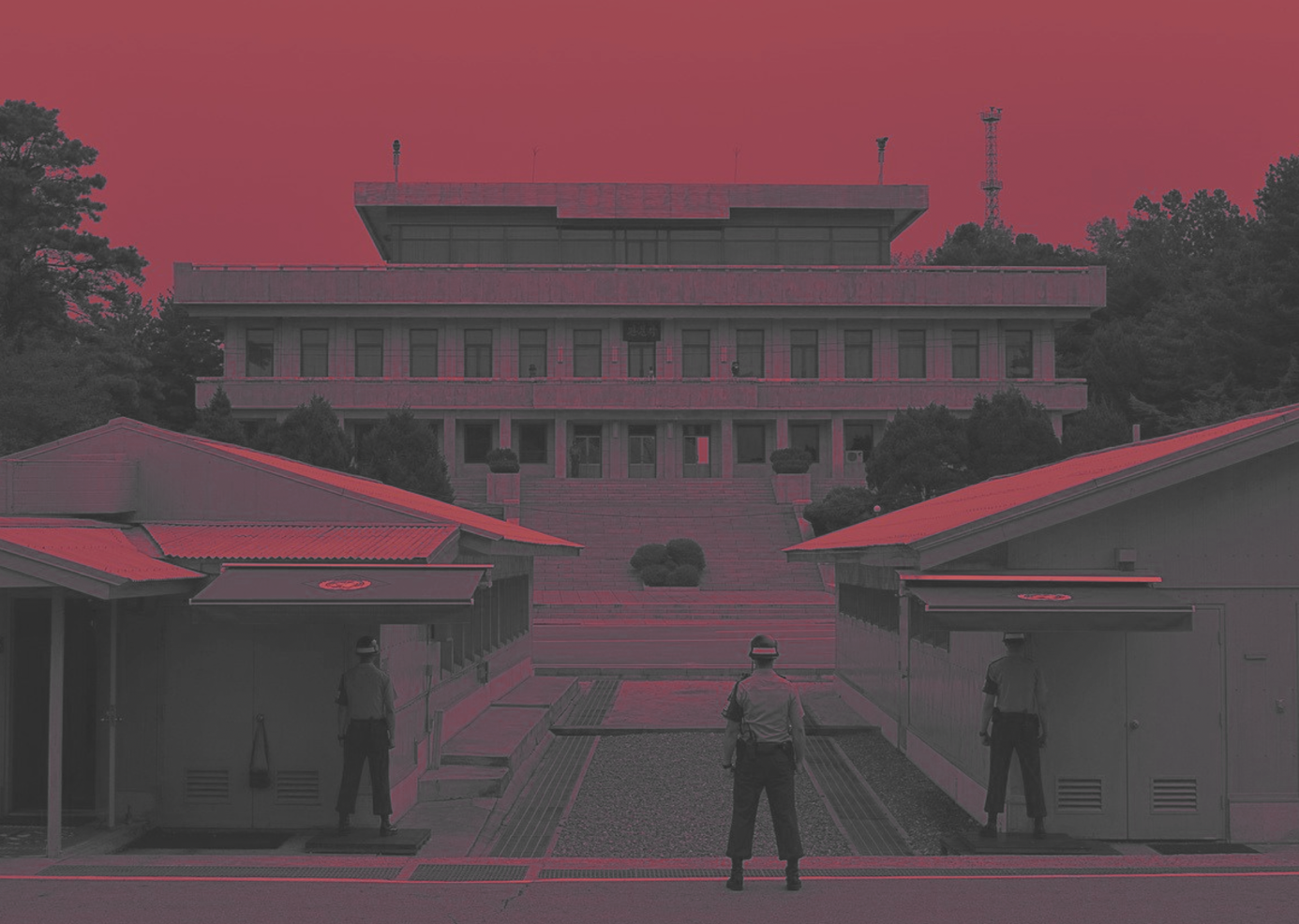The Brutal Truth of Communism in North Korea

I was excited about my posting to South Korea in the Summer of 1994 for several reasons. I was a newly promoted Captain in the United States Army, and this would be my first assignment with that newly acquired rank. I was assigned to the Brigade Headquarters of the 1st Armored Brigade 2nd Infantry Division. The Brigade consisted of two tank battalions and one mechanized Infantry Battalion and was known as the “Iron Brigade.” The mission then, as it still is to this day, was commitment to the armistice by maintaining a viable force posture of capable and highly trained combat units on the ground to assist in the deterrence of North Korean aggression. Our forces were also supposed to affirm and to strengthen our alliance with the Republic of Korea. Another reason for my excitement was that I was the next generation in my family stepping up to serve on the Korean Peninsula, just as my father had served in the Korean War as a combat engineer in the early 1950’s.
I would like to share a few of my more interesting highlights of that first deployment as I think it relates to communist regimes and the suffering of the masses under those totalitarian regimes. When I arrived, the leader of North Korea was Kim-Il Sung, the first dictator of the hermit kingdom since its establishment in 1948. Kim would die on July 8th, 1994, just a few short months after my arrival.
One of my first major observations in my deployment was this passing of the beloved “Number One,” Kim- Il Sung. The images we viewed that followed, of what appeared to be the entire country’s population in mourning, struck me as a bit odd. I tried to understand how all these people could be so upset by the death of a dictator who had pushed their country into a famine that would go on to last the next four years and kill millions of their fellow citizens. It wasn’t until years later, when listening to Lily Tang Williams speak at the Victims of Communism National Teacher Seminar, that it finally made sense to me. Lily spoke of becoming a model communist citizen: “From that moment forward I was the model communist citizen and how I wrote ideologically validating diaries, memorizing Mao’s words, reciting his political slogans as prayer, and made sure every political word I uttered was politically correct. Mao was our god, and I was his faithful disciple.” Just as Mao was God to the Chinese, likewise Kim-Il Sung was God to the North Korean people. And when God himself dies, his disciples go into mourn his passing. Whether their grief was genuine or not is of course questionable, but showing grief was a great way to show devotion to the state, as such it was expected and demanded.
Beyond the psychological instruments of power communist regimes use to control their people, is the more straightforward use of their respective militaries. Communist militaries often act as the arm (and fist) of the party, ruthlessly pursuing the interests of the party, and crushing anyone that stands in its way, including its own citizens. The party, and its structures always take precedence over its people. I would experience this concept first-hand during my time in Korea.
One of the qualifications for North Korean Special Forces soldiers was to conduct a successful infiltration into South Korea which meant of course crossing of the Demilitarized Zone, the border barrier that separates North Korea and South Korea near the 38th parallel.
It turned out that on one of these such missions, one of North Korea’s best had a bad day and was unsuccessful in his attempt to infiltrate South Korea. When emerging from the Imjin River, he encountered a ROK checkpoint and was killed. The dead North Korean soldier, along with his equipment were put on display in view of ROK and American stationed soldiers. When I looked at the body of the young man, one thing that I remember most was his muscular, powerful physique. Seeing the strength and mass of the soldier contrasted with the common photos of his frail, starved countrymen was a striking comparison to me. In the midst of a famine, and suffering throughout the country, the North Korean government made sure to feed and supply their soldiers well. It was made clear to me then that their priority laid with themselves and their power, not with the well-being of their people.
These are just a few of the things that I personally observed and that I rely on when making my personal judgements on totalitarian and communist regimes around the world. Particularly interesting for me is the nexus between things I learn now and the connections they have to events that I have observed in the past. When I look at my own, anecdotal experiences and combine them with the broader information I’ve learned since, I continually come to the conclusion that communism and totalitarianism brings only destruction and suffering to its people.
Robert R. Williams is the Director of Academic Programs at the Victims of Communism Memorial Foundation.
Photo by Daniel Oberhaus via Wikimedia under CC BY-SA 4.0.

